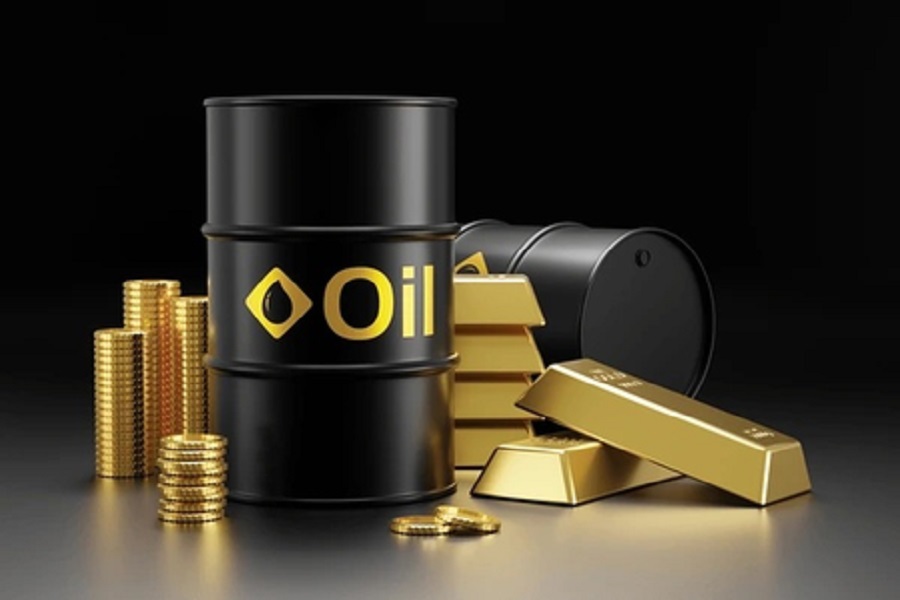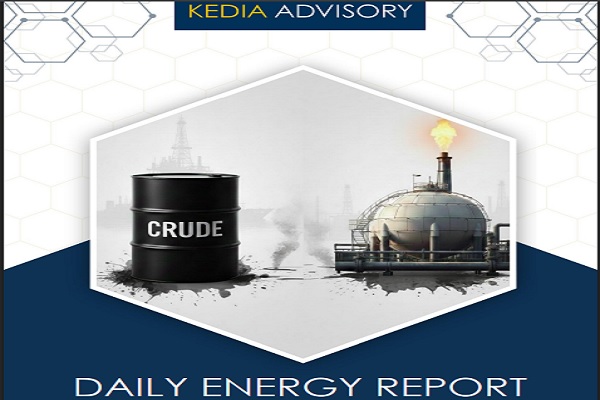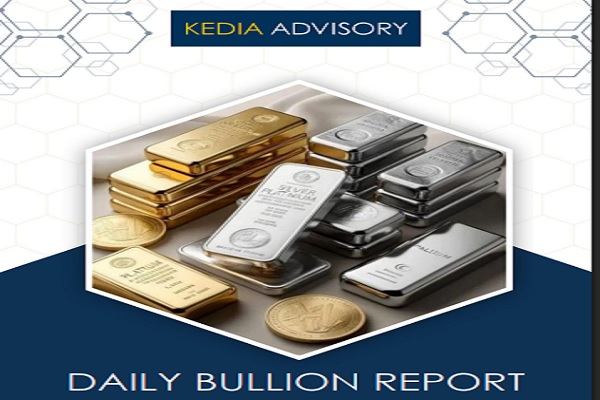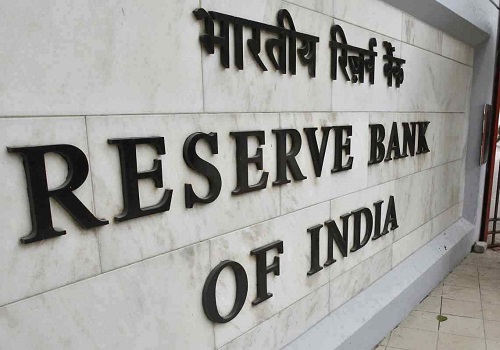Quote on Crude and Gold 23th June 2025 by Kaynat Chainwala, AVP - Commodity Research, Kotak Securities

Below the Quote on Crude and Gold 23th June 2025 by Kaynat Chainwala, AVP - Commodity Research, Kotak Securities Ltd
COMEX gold prices fell nearly 2% last week, closing below $3,400/oz, pressured by a stronger U.S. dollar, President Trump’s two-week waiting period to decide on potential U.S. involvement in the Israel-Iran conflict, and diminishing expectations for near-term Fed rate cuts. Earlier today, gold briefly surged to $3,413.80/oz but has since pulled back, as investors await Iran’s response following U.S. participation in the weekend airstrikes on the Islamic Republic. Caution also prevails ahead of key economic events, including Fed Chair Jerome Powell’s congressional testimony, the release of U.S. GDP data, and core PCE inflation figures, all of which could offer fresh clues on monetary policy direction amid mixed messaging from the Federal Reserve. While most Fed officials have maintained a wait-and-see approach, signaling that the next rate cut may not occur before September, Fed Governor Christopher Waller has taken a more dovish stance, suggesting the Fed should consider easing rates at its next meeting, as he believes any inflation stemming from tariffs would be short-lived.
WTI crude oil surged to a five-month high of $78.40/bbl earlier today as U.S. strikes on Iran’s key nuclear facilities, Fordow, Natanz, and Isfahan over the weekend, escalated fears of Iranian retaliation and a broader regional conflict. Iran had previously warned it had mobilized missiles and military assets for possible strikes on U.S. bases across the Middle East if Washington became directly involved. However, oil prices have since retreated from their highs and are currently trading below $75/bbl, as markets weigh the likelihood of further escalation. Still, traders should remain on high alert. On Sunday, Iran’s parliament voted to close the Strait of Hormuz, a vital global oil transit chokepoint, but the move still requires approval from the Supreme National Security Council and the Supreme Leader. With nearly a fifth of the world’s crude oil passing through the strait, any disruption could trigger a sharp rally in oil prices and significantly impact global energy markets. However, it’s important to note that such a move would likely be self-destructive for Iran, as more than half of the country’s own energy exports also transit through the Strait of Hormuz.
Above views are of the author and not of the website kindly read disclaimer






















